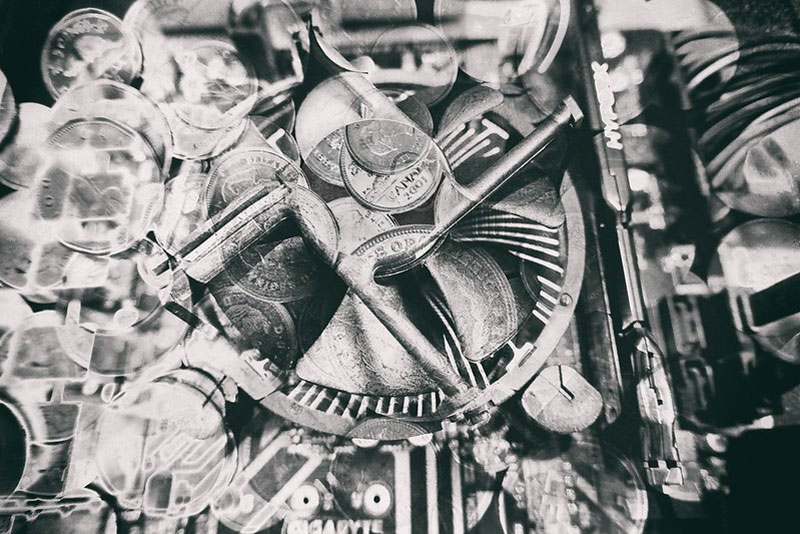
“I didn’t set out to be a philanthropist,” Chuck Collins says. “I just decided that it didn’t make sense for me to be benefiting from this system.” At 26, Collins gave away his inheritance as an heir to the Oscar Meyer fortune. “I didn’t really want to benefit from a system of dynastic succession.” Collins was against the idea of families amassing and passing on vast amounts of wealth “just by virtue of picking certain parents.”
But just because he gave away his wealth does not mean that Collins forgets how it is protected. Collins uses that knowledge today at the Institute for Policy Studies, where he directs the program on Inequality and the Common Good. His latest book is The Wealth Hoarders: How Billionaires Pay Millions to Hide Trillions. In it, he details how so many of society’s wealthiest hide vast amounts of wealth and avoid paying taxes, thereby entrenching both their own power and extreme economic inequality.
In our latest Tiny Spark podcast, Collins critiques the narrative that the nation’s wealthy have worked harder for their money than others. He describes an exercise he does in workshops, where he asks people to tell the story of their success based entirely on their own individual effort and achievement. He then asks them to tell the same story, but this time acknowledging the help they received from individuals, society, and the “legacy of White supremacy or the current ways in which race and class have benefited” them. Collins says participants come to realize their success is embedded in societal factors and privilege, not individual effort alone.
Sign up for our free newsletters
Subscribe to NPQ's newsletters to have our top stories delivered directly to your inbox.
By signing up, you agree to our privacy policy and terms of use, and to receive messages from NPQ and our partners.
In his book, Collins takes aim at the “wealth defense industry,” which protects the globe’s nearly 3,000 billionaires and tens of thousands of ultra-high net worth individuals ($30 million in wealth and above) by shielding their wealth from taxation. The United States is one of the worst offenders, so much so that it has become a favored place for global elites to shield their wealth, much as Switzerland once was.
Collins ends the podcast by explaining why he has dedicated his life to “working to take down the corrupt system,” as he puts it. “None of our work is done,” he says, pointing out the effects that extreme inequality has had on health and life expectancy. “Here we are living in a pandemic where billionaires have seen their wealth surge, where frontline workers have taken on all the risks,” he points out. “Not the kind of world I want to live in.”
Image: “The Day the Dollar Died.”
ADDITIONAL RESOURCES:
- Chuck Collins, “A Third of U.S. Billionaire Wealth Gains Since 1990 Have Come During Pandemic,” org, April 15, 2021.
- Theodore Schleifer, “Tech billionaires are staying “very, very quiet” on proposals to tax their wealth,” VOX, April 13, 2021.
- Chauncey Devega, “Upper-class traitor Chuck Collins on how “wealth hoarding” will create more Trumps,” Salon, April 13, 2021.
- Tarpley Hitt, “Billionaire Couple Pledges to Give Away 5% a Year—and Gets Dunked On,” Daily Beast, April 15, 2021.
- Tiny Spark Podcast, “A Plan to Reverse ‘Economic Apartheid’ in the US,” Nonprofit Quarterly, May 29, 2019.
- Tiny Spark Podcast, “Born to the One Percent, Dedicated to the 99,” Nonprofit Quarterly, January 4, 2017.
- Chuck Collins on Twitter












